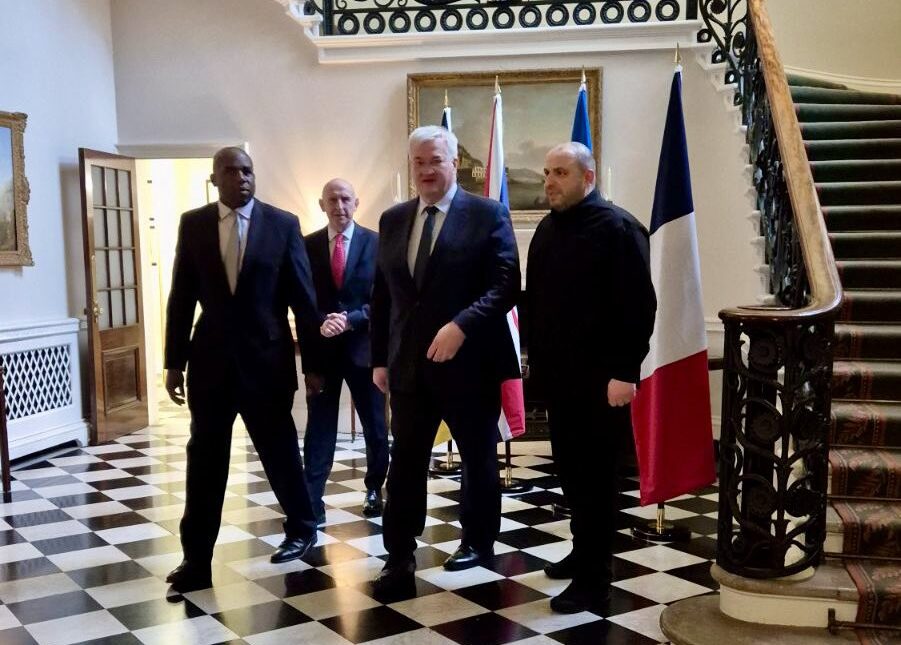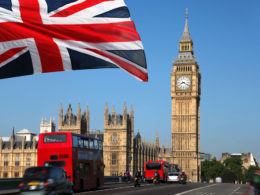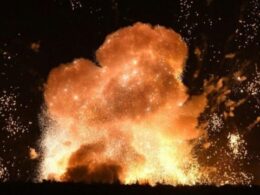International media sources report that expectations for Wednesday's Ukraine-Russia peace talks in London have been significantly lowered following key diplomatic changes and contentious proposal elements.
In a significant shift, the US has downgraded its diplomatic presence at the talks. Initially, US Secretary of State Marco Rubio and President Trump's special envoy Steven Witkoff were expected to attend. However, on Tuesday, they canceled their participation, and the American delegation will now be led by Keith Kellogg, another of Trump's envoys.
Reuters notes that it remains unclear whether Rubio's absence signals that the US has lowered expectations for the talks, following Trump's Sunday statement expressing hope for a deal between Moscow and Kyiv this week.
The agency emphasizes that "few diplomats view such an outcome as realistic given the significant gaps remaining. Chances of any breakthrough look slim after most foreign ministers pulled out despite US pressure for a deal."
US peace proposal faces resistance
According to the Daily Telegraph, citing sources, the US peace proposal consists of seven points:
- An immediate ceasefire
- Direct negotiations between Ukraine and Russia
- Ukraine renouncing NATO aspirations while pursuing EU membership
- US formal recognition of Russia's annexation of Crimea
- Freezing the current front line (without formal recognition of Russian-occupied territories, but with de facto recognition of Russian control)
- Some Ukrainian territory in Kherson Oblast would return to Kyiv
- The US would take control of the Zaporizhzhia nuclear power plant.
- Ukraine signing an agreement with the US on joint mineral extraction
- Establishing new US-Russia economic ties, including full lifting of US sanctions and energy sector cooperation.
Multiple reports indicate Washington's plan includes conditions that Kyiv and European allies find unacceptable, particularly formal recognition of Russia's annexation of Crimea and lifting sanctions.
"Beyond Crimea, other major sticking points remain, including Russia's push for lifting of European Union sanctions against it before negotiations are finished, which Europe staunchly opposes," Reuters reports, citing European diplomats.
The Telegraph emphasizes that the proposal lacks clear security guarantees for Kyiv and makes no mention of American support for a "coalition of the willing"—European countries prepared to deploy peacekeepers to Ukraine.
"Officials in Kyiv told The Telegraph they were sceptical about progress on a peace deal," the article states.
Modest expectations in London
Sources in the UK Foreign Office reportedly do not expect any agreement to be signed from the London talks. Instead, they view the meeting merely as an opportunity for Ukraine to present its own vision for a future peace settlement.
Despite the diplomatic downgrade and contentious proposal elements, Reuters reports there is still hope the London talks might result in "some form of agreement that could initiate a serious negotiation process."
"In the end, Ukraine will have to put something on the table," Reuters quotes a European diplomat as saying.
Meanwhile, in a separate diplomatic track, the Kremlin confirmed that Witkoff is expected to visit Russia later this week, suggesting the US may be pursuing parallel discussions with Moscow.




